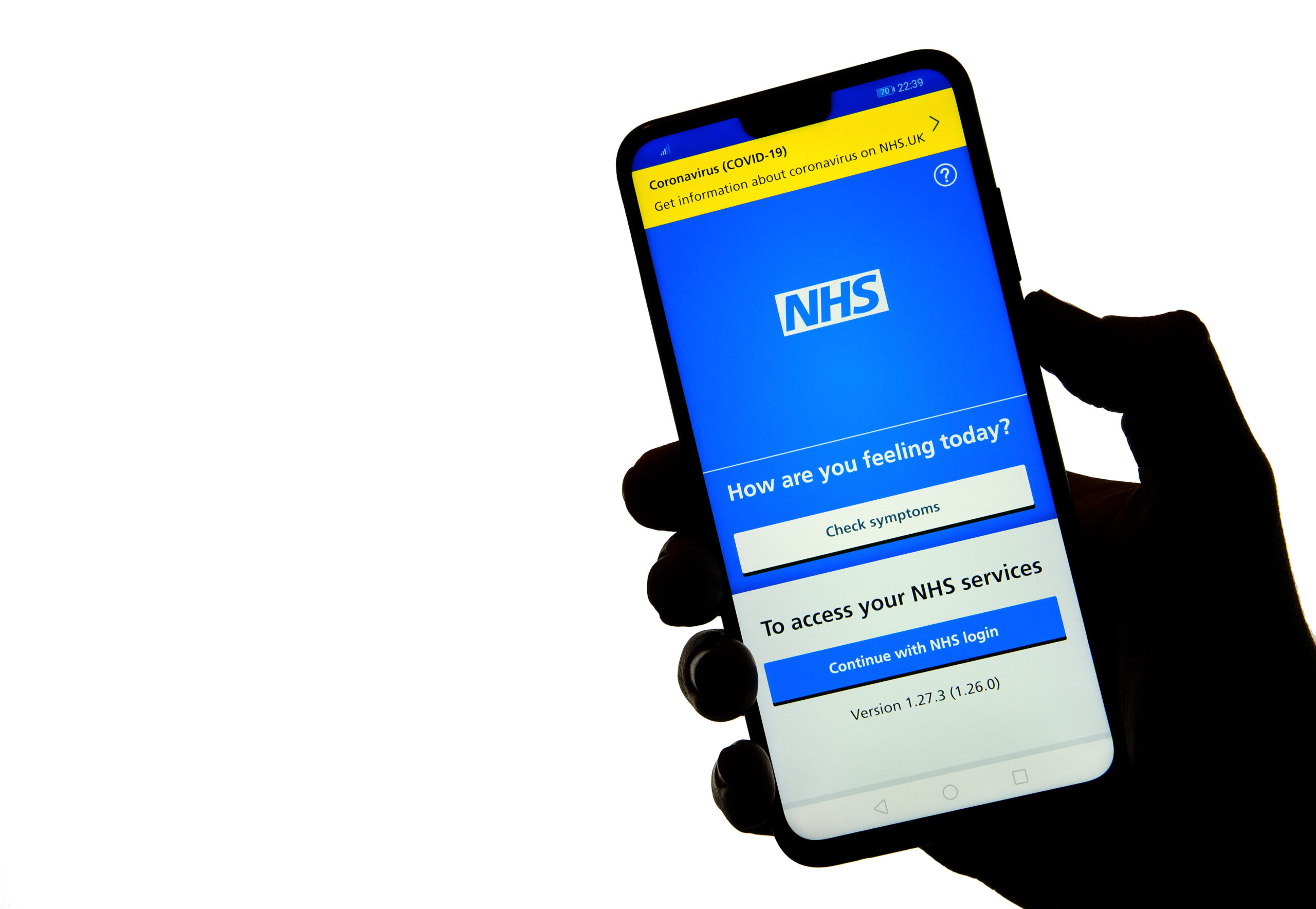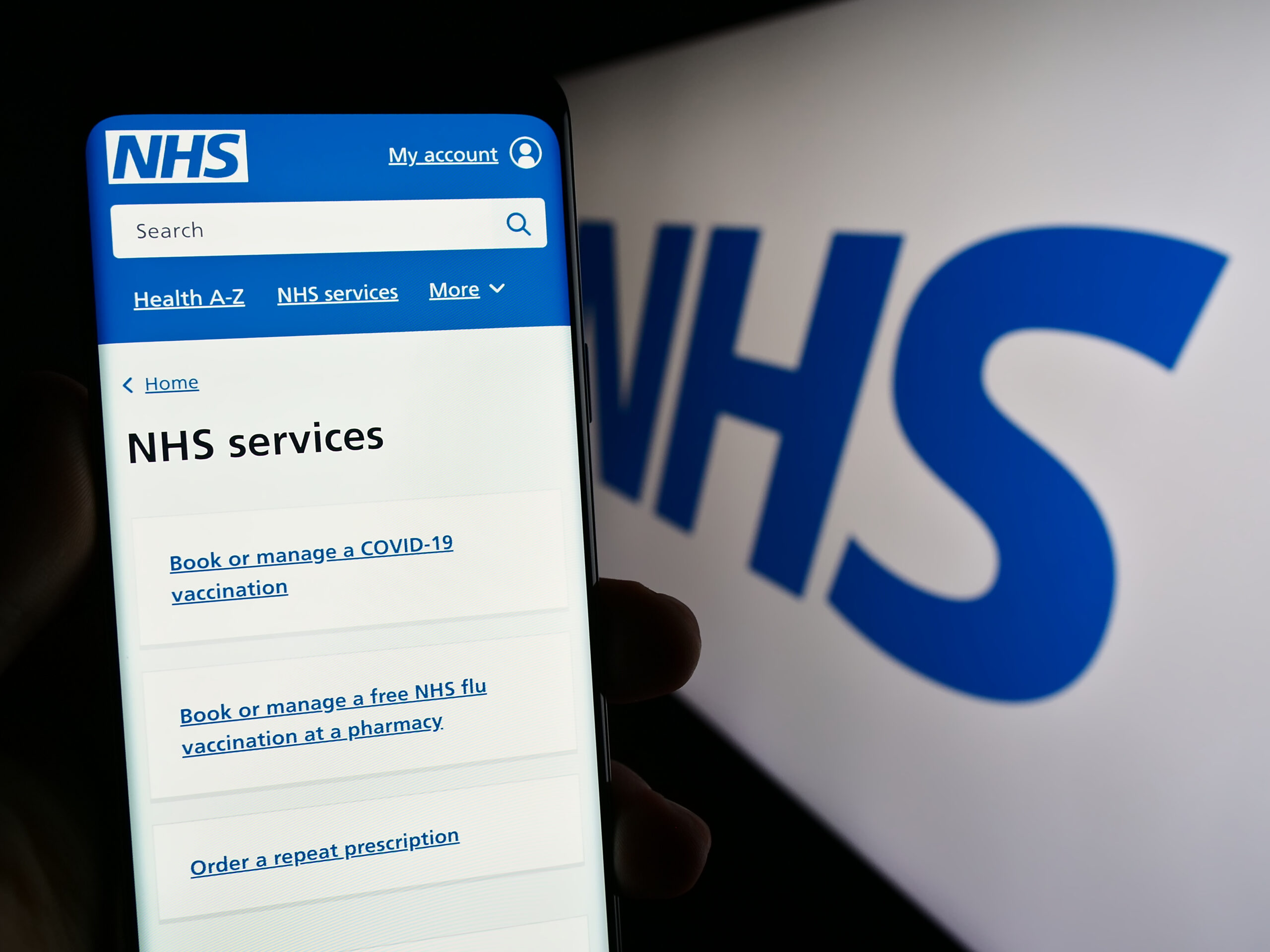NHS App Set for Major Expansion Under 10-Year Health Plan

NHS England is preparing a major upgrade to the NHS App, introducing a suite of new features aimed at streamlining access to care, enhancing patient autonomy, and integrating wearable technologies.
Key additions include self-referral options, real-time clinical connectivity, and a national Single Patient Record designed to eliminate repetitive data sharing across the health system.
These enhancements are part of the Government’s 10-Year Health Plan, unveiled today by the Department of Health and Social Care (DHSC), which outlines a long-term shift from analogue to digital delivery across the NHS.
NHS England aims to replace up to two-thirds of outpatient appointments—currently totalling £14 billion annually—with digital advice, automated information, direct specialist input, and patient-led follow-ups via the app. Officials say it will become a “doctor in your pocket.”
Incoming Features
Future modules of the app include:
- My NHS GP – Book virtual or in-person GP appointments and receive personalised health advice powered by AI
- My Specialist – Refer yourself when clinically appropriate and submit specialist queries
- My Consult – Access remote consultations with clinicians
- My Medicines – Manage prescriptions, delivery, and reminders
- My Care – Schedule appointments, enrol in clinical trials, and view the Single Patient Record
- My Companion – Explore health condition info and ask questions to AI or clinicians
- My Choices – Find pharmacies, compare providers, and leave service feedback
- My Vaccines – Check vaccine records and book travel or routine immunisations
- My Health – Monitor vitals like blood pressure and glucose via connected wearables
- My Children – Use a digital ‘Red Book’ to manage childhood healthcare
- My Carer – Verify carer status, book appointments, and communicate with care teams
Prime Minister Sir Keir Starmer commented:
“To rebuild our NHS, we must ensure it reflects the society it serves. Our digital front door opens fairer, more convenient access to care. Parents will track their children’s health with an online Red Book fit for the 21st century, and the Single Patient Record will stop patients repeating their medical history time and again.”
Secure, Smart Infrastructure
The Single Patient Record will be developed as critical national infrastructure, accessible to authorised professionals with patients able to control data sharing and audit access. Initially focused on core medical records, it will evolve to include personal health risks using demographic, lifestyle and genomic data.
Legislation will mandate health and care providers to input relevant patient information and default access for patients to their own records. The unified record is expected to be available via the NHS App by 2028.
Neighbourhood Health Service
A broader vision of community-based care will be powered by a Neighbourhood Health Service platform. This digital layer will support remote patient monitoring, seamless data flows into the NHS App, and intelligent care plan creation using generative AI. It will also streamline multidisciplinary workflows and case escalation.
Complementary initiatives include:
- Creation of a HealthStore of approved digital tools for self-care
- Increased use of remote monitoring to prevent hospital admissions
- Expanded role for NICE to appraise devices and digital products
- Identification and removal of obsolete tech and treatments
- Rollout of single sign-on for staff and simplified tech procurement
From Analogue to Digital
Health Secretary Wes Streeting summed up the ambition:
“The 10-Year Plan represents a fundamental shift—from analogue to digital—making care access as seamless as online banking. A Single Patient Record will replace frustrating repetition with one unified profile. Through our Plan for Change, the NHS will become a digitally empowered service fit for the future.”

